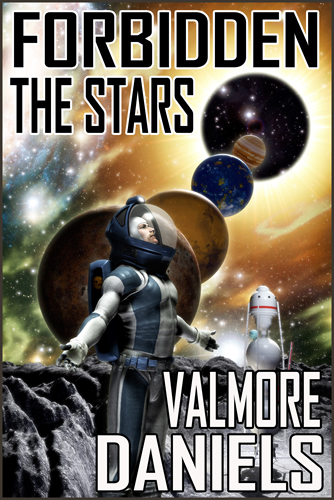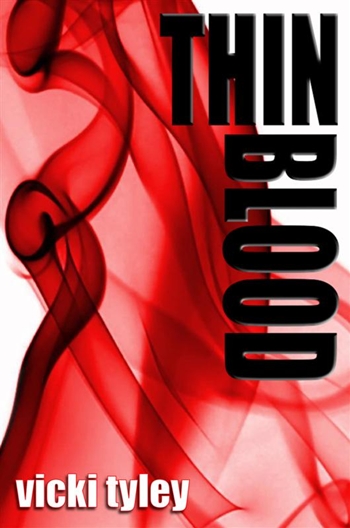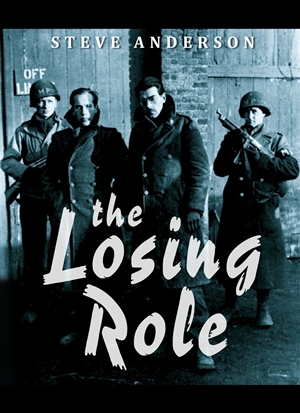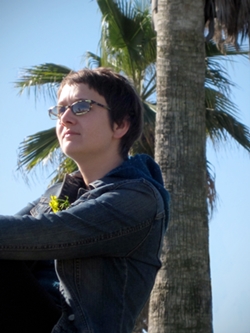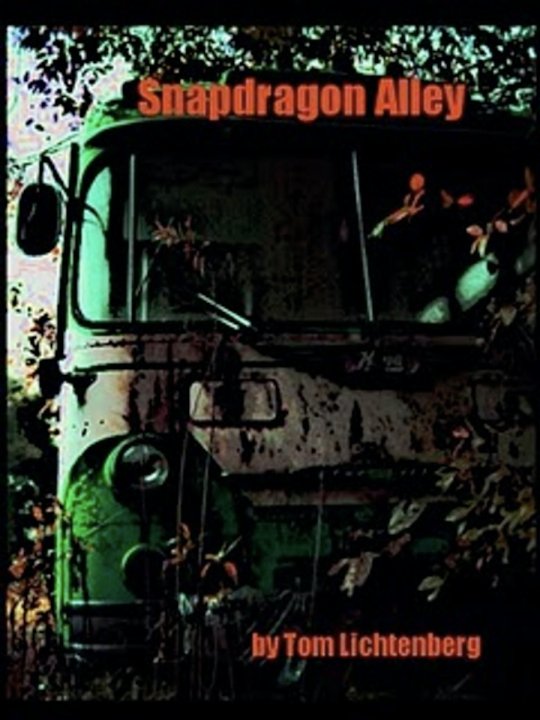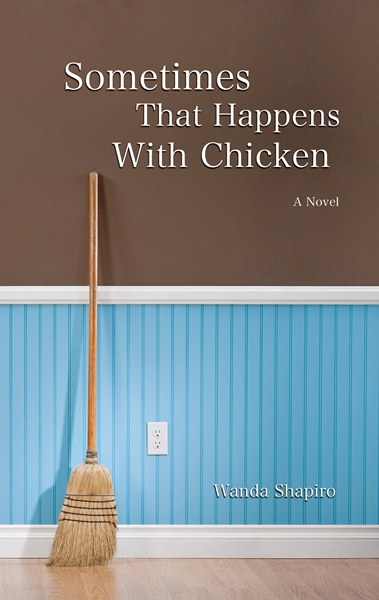
The playing field of publishing has tilted, but it hasn’t leveled by any means. The vast majority of books sold still involve the cutting down of a tree and the passing through of some very tiny gates. But it is has tilted, and if you step back, and make a little director’s square with your hands, you’ll see that it is skewed in favor of those who understand the digital world.
There is no doubt that some of the Big Six (BS) will alter course to swing their mammoth tankers towards the unchartered waters of the social consumer. Others will order the champagne to flow and tell the orchestra on the poop deck to play louder. What shape the industry will take is anybody’s guess, but if you’re looking for direction, Mike Shatzkin’s blog is a good place to go. He has a very good piece with Random House CEO, on transitioning from B2B to B2C.
But this post isn’t about the calamity,or not, that BS are facing. Rather it hopes to delve into something of a different nature. An insecure, abused orphan, lacking in confidence, and reaching its adolescent years suffering from an identity crisis; Self Publishing.
It’s a well-known fact that the label, self publishing, carries with it a stigma. The stigma that once you’ve self-published you’re finished as a writer. A stigma born of the past, and carefully nurtured by those with a vested interest in the present. The BIG argument from the BS train is that the slush pile is being put on-line. For a near hysterical diatribe from an extremely arrogant and myopic viewpoint, from a lady who’s clearly suffering her own identity crisis (“I’m the man”) go here, feel free to flame comment. Guess what, they’re right. The slush pile is being put on-line. So what. I can reject something just as quick as you can, however unlike you, I don’t think that I am the sole arbiter of taste, nor do I believe that I am unique.
We’re reliably informed by many Agent blogs that the vast majority of “real books” by “real authors” (i.e. pure BS), never earn out their advances and end up being returned. OK, so an agent chose those books and BS editors squabbled over them, the marketers marketed and the sales people sold; and then the public didn’t buy them. I can do that :-).
There is a lot of crap out there from both Trad and Indie publishing. Both parties are aware of this and neither has a solution. BS say the slush is going on-line, Self Publishers (SP) are saying we need to change our name from SP to Indie Publishers (IP) to help distinguish between good Indie and bad Indie. Why? Because self publishing has that stigma and it isn’t bleeding palms. How do you change the perception that something published by an individual is at least the equal of something published by a corporation. For a quick and sad (in my opinion) look at how decisions are made about books have a read over here.
You don’t. The market will decide. What has changed is that the market is now a lot bigger and this is a good thing.
The good stuff will float to the top. Amazon‘s way of doing this is via reviews – user driven reviews. Goodreads and LibraryThing are two other sites where readers write reviews on books. And it works. Yes there are the “release reviews” which are impossible to avoid or to police, (hey publishers print “his latest bestseller” on the front of books which haven’t been released yet), but if the author hasn’t done their work in marketing then that’s all the reviews that author is going to get.
If the author has done their work and spread the message that their new book is available, then some people will sample, some will buy, and the reviews will add up. Some will be mean-spirited, I haven’t had my coffee yet, 1 star for you type reviews, with the reviewer not even having read the book (hey, that happens at agencies too); other reviews will be well thought out by passionate readers who have read past work by the author and didn’t like or liked the work for reasons which they point out in the review.
There are two broad assumptions in the BS world. One – Self publishing is OK for niche non-fiction (thanks for that, I’ll rush to print with my in-depth study of the impact of pet rocks upon the modern American Psyche); and Two; that self publishers are a lazy lot who have no idea about editing, cover design, and (here’s the cruncher) what sells. I’ve read enough blogs and seen enough evidence to know that the first assumption is simply BS, and the second is just plain rude.
Excluding my time (in my day job I’m charged out at US$3,000 a day), I’ve spent about USD6,000 on getting my book, TAG, to where it is. The cover and copy editing remain to be finished, and when they’re done I’ll have spent a total of about USD8,000 on the book. Then I’ll put it up for sale on Amazon and Smashwords. I consider every penny that I’ve invested to be money well spent. The vast proportion went on developmental editing; which for me was a crash course in writing. I don’t have the time to take an MFA, and whilst books about how to write, help, there is nothing like having a professional critique of your own work to advance.
My publishing goal is simple: put out a great product. That means an attractive cover, no typo’s, and a well written, hopefully, entertaining story. How hard is that? Dam hard, but it can be done. Will the market like the book? Who knows? But if they don’t, it won’t be because of errors in the text or a crappy cover, ergo laziness. Maybe the writing isn’t ready for prime-time, but I can get feedback on that from an audience. As opposed to trying to decipher months of silence interspersed with snippets of “I didn’t fall in love with it.”
What happens if it doesn’t sell? I’ll write another one. I’ve already started, quite some time ago, about a month after the first one. If that doesn’t sell? OK, I’ll write another one. My writing goal is to have what I write read by people, lots of them, and I’d like those people to pay for what I write. That is verification. Each time I write I get better. Each time I publish I’ll get better. Each time I read reviews and see feedback I’ll get better. The difference is that I’ll use the market to tell me what they like and what they don’t.
From my perspective the business model offered by BS, and the model offered by IP (note: the acronym for Indie Publishing is also commonly used for Intellectual Property; whereas the acronym of Big Six… well I’m sure you get it) boils down to one significant difference and one thing only. No, it isn’t money, (if it does sell) you stand to make much more with IP.
The only reason that you should consider going with BS is because, for now, they still have the reach. They can put your book on a shelf. All the rest you can do as well, if not better, than Trad. Why? Because BS is firing a whole bunch of talented people and those people are going to want to eat. The shingles will be hung and in some instances they’ll say, I know you can’t afford me so I’ll take a cut, let’s say 20% of that 70% you get from Amazon – deal? Deal.
People don’t buy books from publishers. They buy them from authors. In the past this meant that you had to get on a bookshelf and the bookshelf was a monopoly. Now a portion of that bookshelf is electronic. Your average, serious, Indie author knows their customers better than any of the BS. How many of the BS actually know who is behind the Bookscan numbers. How many email addresses, blogs and facebook pages are tucked away in their CRM databases? I suspect, given that one CEO of a BS recently claimed that the high cost of ebooks was justified due to the high cost of digital warehousing (I’m not making this up), that the answer is, “More champagne Harper, and do get the orchestra to play a Waltz.”
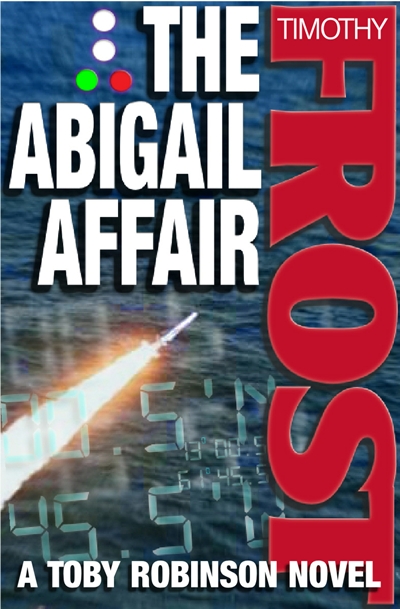 I’ve got a few thousand sea miles under my belt, all in and around the South China Sea, which is why a friend of mine recommended, ‘The Abigail Affair’. So I trundled off to Amazon, paid the ridiculous international wireless delivery charge, and got the book. About eight hours later I was finished. Yes, this is a, “Don’t interupt me I’m reading novel.”
I’ve got a few thousand sea miles under my belt, all in and around the South China Sea, which is why a friend of mine recommended, ‘The Abigail Affair’. So I trundled off to Amazon, paid the ridiculous international wireless delivery charge, and got the book. About eight hours later I was finished. Yes, this is a, “Don’t interupt me I’m reading novel.”. After all that I had to get in touch with Tim, and invite him to spill the beans. Which he graciously agreed to do – herewith the beans.

